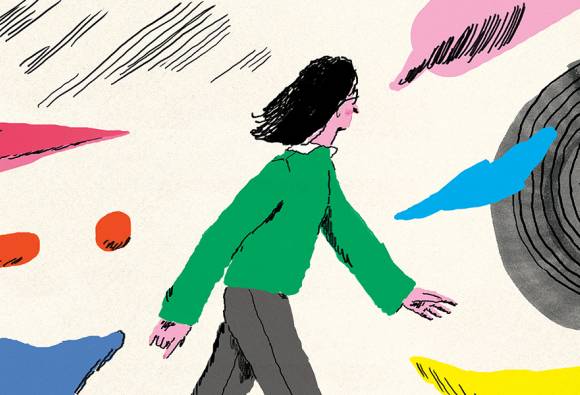
Opening of the Fabula Literatures of the World Festival: Pol Guasch – Napalm in the Heart (Napalm al cor)
The novel's young narrator and protagonist lives in an indefinite time, an indefinite place and in unspecified circumstances. In fact, we do not even know his name. The entire novel is pervaded by a sense of uncertainty. The readers find themselves in a post-apocalyptic world in which two powerful forces interact: the struggle for survival and forbidden love. In a near future devastated by war and cataclysm, a young man and his mother cling to survival at the edge of a forest. The young man spends his days helping his mother, who is traumatized from her experience working in the ominous Factory, and exchanging letters with his lover, Boris. The only option for survival (and love) is leaving everything behind. Napalm in the Heart is an allegory of different forms of repression that shape people’s lives and humanity at large, as well as of the fact that there's a thin line between victim and executioner.
The novel has been translated by Veronika Rot.
Pol Guasch (1997) is a Catalan poet and writer. The holder of a Master's Degree in Contemporary Literature, Culture, and Theory from King's College London, he is currently a PhD candidate at the University of Barcelona. He is the author of two collections of poetry, Tanta grana and La part del foc, and two novels. He has also been a writer-in-residence in Florence and New York. His debut novel Napalm al cor, which has been translated into Spanish, English, French, Italian and German, won the 2021 Anagrama Novel Prize, making Guasch (aged 24) the youngest winner in the prize's history.
The talk will take place in English, with simultaneous translation into Slovenian.
Opening of the Fabula Literatures of the World Festival: Pol Guasch – Napalm in the Heart (Napalm al cor)


 Literatures of the World – Fabula Festival
" width="580" height="395">
Literatures of the World – Fabula Festival
" width="580" height="395">
